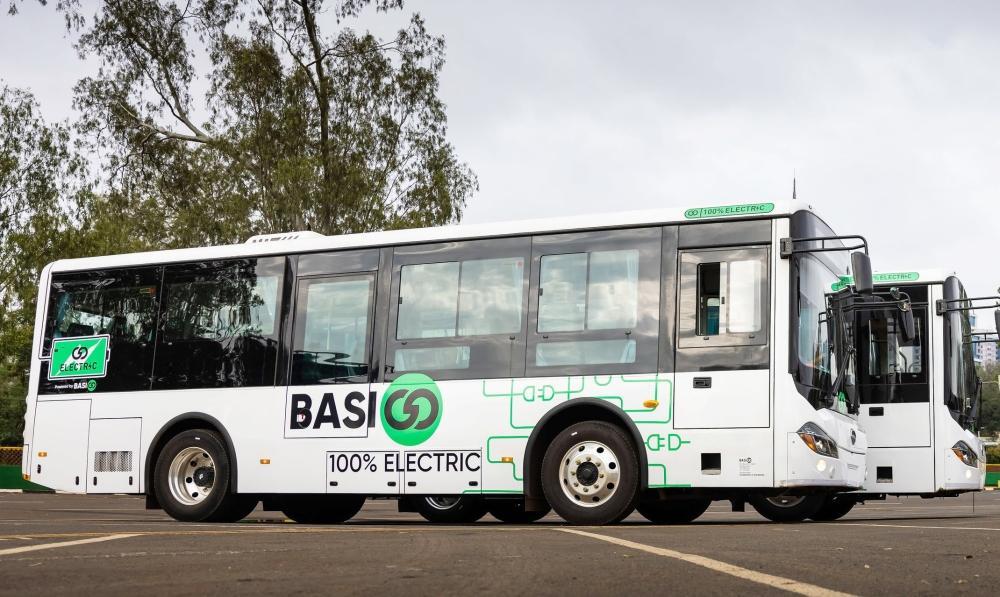Africa-Press – Rwanda. The City of Kigali’s move to transition to a fully electric bus fleet is a bold and commendable step towards a cleaner, more sustainable, and more efficient public transport system. While some transport operators have expressed concern about the implications of this shift, both transporters and commuters to remain calm and take a broader view of the long-term benefits that this transition promises.
First and foremost, the introduction of electric buses is not a burden, it is a forward-looking solution. Kigali has, over the years, built a reputation as a city that leads with vision, innovation, and environmental consciousness. Electric buses are a natural progression in this journey. They are quieter, cleaner, and more efficient. They reduce urban pollution, improve air quality, and help Rwanda meet its climate commitments.
Yes, change is often uncomfortable. It can disrupt routines and unsettle established interests, at least at the beginning. But the discomfort of change should not overshadow the fact that electric buses offer a more stable and predictable foundation for regulating transport costs.
Unlike diesel-powered vehicles whose prices are at the mercy of volatile global fuel markets, electric mobility provides an opportunity for stable commuter fares. This is a future where transport is not only greener but also more affordable and equitable.
It is important to understand that some of the fears and skepticism surrounding this move may not stem from the majority but rather from a small group of individuals with vested interests in maintaining the status quo.
We therefore call upon the government, and especially city authorities, to intensify public awareness campaigns. People need to understand why this shift is happening, how it will benefit them, and what measures are in place to ensure a smooth transition. Transparency and consistent engagement will be key to building trust and winning over skeptics.
Most importantly, this transition must be properly managed to ensure minimal disruptions for public transport in the city.
Source: The New Times
For More News And Analysis About Rwanda Follow Africa-Press






